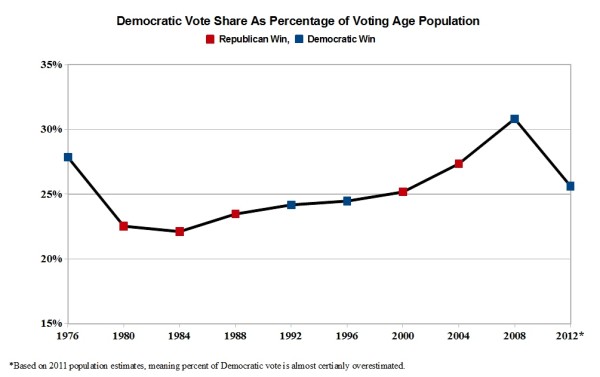An Unconvincing Case for Protectionism
Written by Brian Garst, Posted in Economics & the Economy, Free Markets
A few weeks ago, Rep. Tom Rooney took to the Daily Caller to make “a conservative case for sugar tariffs.” He failed in my view, but he did succeed in proving my recent point that bringing home the bacon and handing out political “gifts” is a bipartisan disorder.
Rep. Rooney makes the following arguments, as I understand it:
1) All countries use protectionist and interventionist policies in the sugar market – therefore we must too.
2) Brazil has captured a lot of the market and will drive out US producers with low prices if they don’t receive government assistance.
3) Jobs will be lost and prices will rise if that assistance isn’t provided.
He goes on to say that government assistance shouldn’t be too high, nor should it involve dictating business practices. That’s not enough; it shouldn’t exist at all. I agree with Milton Friedman’s view that even unilateral free trade is a better option than meeting subsidies with subsidies and tariffs with tariffs. If Brazil wants to “plow another $1 trillion into its sugar market over the next few decades,” we should let them. It’s money straight from their taxpayers pockets and into the hands of US consumers. It harms them, not us. As for the 142,000 US jobs supposedly on the line, it’s not either/or. The choice is not between subsidizing US sugar or seeing those people forced into unemployment. Their labor can be used elsewhere, and when combined with lower sugar prices than we would have otherwise seen if not for Brazilian subsidies, the net result is greater production for us. We get cheap sugar and we get whatever else those 142,000 people are able to produce. The only real loser in this equation is the Brazilian taxpayer.
Sure, the decline of US sugar producers would be disruptive to the people whose jobs were lost, but I think the social safety net (more like hammock these days) is more than big enough to handle it. And disruptions happen in all markets in a competitive system. Whether or not its because another firm has developed a more efficient business model or because of foreign subsidies doesn’t really make any difference, so long as it’s not our taxpayer doing the subsidizing. The real issue is that bad government policy has so encumbered the market that absorption of displaced workers is difficult, but more taxpayer handouts are not the solution to that problem.
Rooney repeatedly warns of a Brazilian led OPEC for sugar, presumably to explain his seemingly contradictory (amazingly, I find myself in agreement with Think Progress of all places) concern that Brazilian control over the market will mean both lower prices (to drive out American producers) and higher prices (to hurt US consumers), but OPEC strikes me as a bad comparison. An oil cartel can be effective (somewhat) at manipulating prices because oil production is necessarily concentrated in places where oil can be found, and the major national producers are few. If you have no oil deposits, it doesn’t matter how high and enticing prices get, you can’t join the market. It’s true that sugar cane cannot grow just anywhere, but the barriers to entry are not near so significant as oil. Non-Brazilian producers can simply increase production to offset any attempts by Brazil to artificially raise prices. In other words, even if US producers dwindle because Brazil is able to charge below-market prices thanks to subsidies, any later attempt to raise prices and charge above-market rates after capturing a dominant position would result in the return of US producers, or other new entrants to the market.
There is also a national defense issue with regard to oil that doesn’t exist for sugar. Interruption in the supply of sugar does not pose the same concerns as interruptions in the supply of oil.
What I think it comes down to is whether we adopt the protectionist view that within all arbitrarily designated political borders there must be complete self-sufficiency, or we instead allow ourselves to be blessed by the productive advantages brought about by global trade. Free trade is best, to be sure, but if the only available choices are between letting others foolishly distort their markets or joining them and doing the same to ours, I think it’s an easy decision which path to follow.

 I serve as Vice President of the Center for Freedom and Prosperity, a non-profit think tank dedicated to preserving tax competition and free markets. This site features my personal views, which are not reflective of CF&P.
I serve as Vice President of the Center for Freedom and Prosperity, a non-profit think tank dedicated to preserving tax competition and free markets. This site features my personal views, which are not reflective of CF&P.